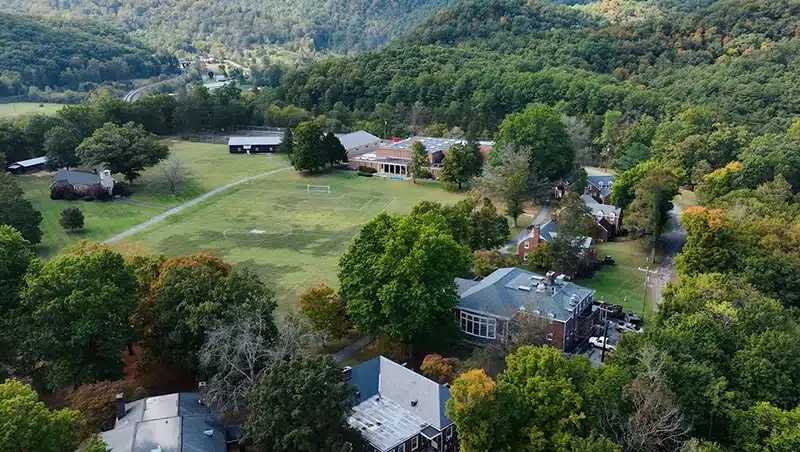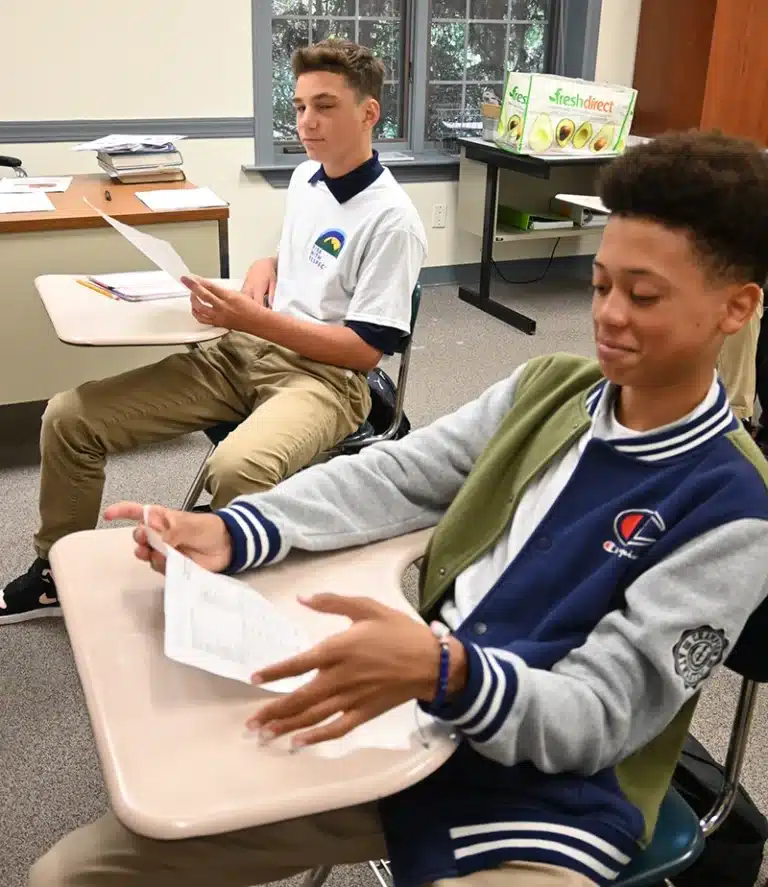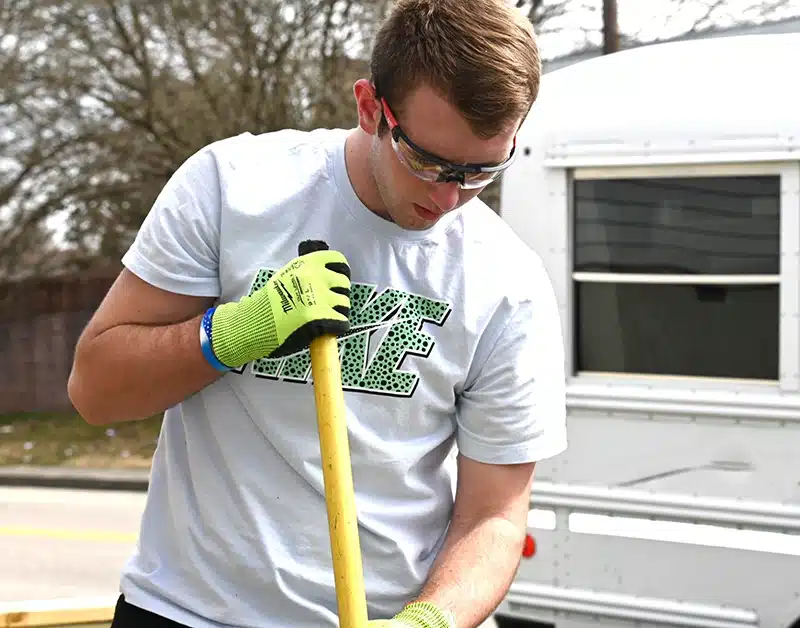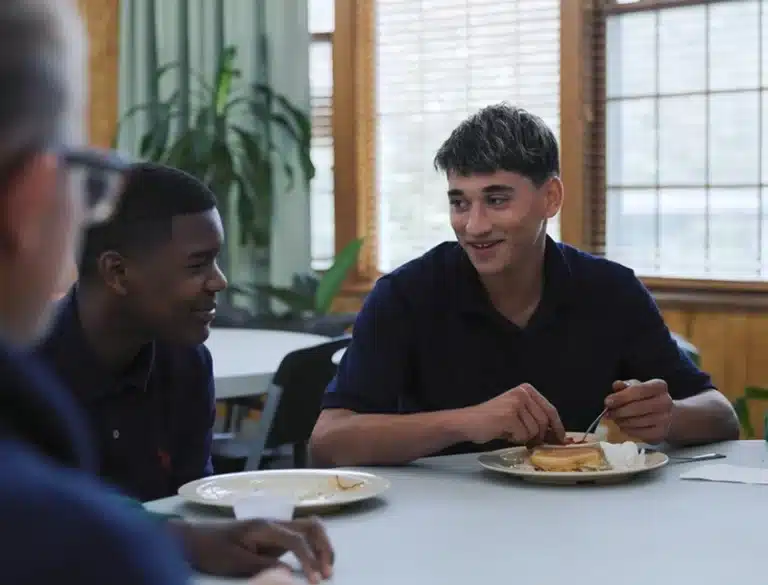What the Science Says About Structure and Independence
How a Residential School Environment Can Prepare Young Men for the Future
When students arrive at Boys Home, one of the concerns they may have is the lack of freedom. Families may question whether the structure of our program means they will lose their independence or limit their creativity.
Young men arrive thinking structure means someone else is calling all the shots. They discover something different: structure becomes the launching pad for genuine independence.
The difference is that there are different kinds of structures. There’s the controlling type that actually keeps people dependent on them, and then there’s the supportive type that builds capability. Boys Home focuses on the latter.
The Science Behind Building Independence

Experts have spent decades trying to determine why some environments produce confident, capable adults while others leave students feeling lost or dependent on others. What they’ve discovered challenges many common assumptions that many people make about rules and freedom.
Research shows that structure:
- Boosts student achievement
- Keeps them more engaged
- Improves self-confidence
When students understand what is expected of them, they feel more secure. They can focus their mental energy on learning and growing instead of worrying about what comes next.
Studies show that the structure that supports growth looks very different from the structure that just demands obedience. The first builds capability; the second creates dependency.
Consider how people master anything worthwhile. A chef learns knife skills before attempting complex recipes. An athlete drills fundamentals before playing competitively. A musician practices scales before writing songs. The basic framework isn’t the enemy of creativity – it’s what makes creativity possible. Character development follows the same pattern.
A Day Built for Growth

Boys Home’s daily schedule isn’t arbitrary; every component builds specific skills that young men need for independence:
6:30 AM – 8:10 AM: Morning Foundation
Morning routines and chores are followed by breakfast. Students learn work ethic and personal responsibility while starting each day with clear expectations.
8:15 AM – 2:40 PM: Academic Focus
School blocks with a lunch break. The structured learning environment teaches time management and study skills that transfer to any future educational setting.
3:00 PM – 4:45 PM: Real-World Skills
The AWARES program connects classroom learning with practical experience. Students develop hands-on abilities while reinforcing character traits like accountability and responsibility.
5:00 PM – 10:00 PM: Community and Personal Growth
Dinner, athletics, study hall, and free time. These activities build social skills, physical health, academic discipline, and personal interests. The 10:00 PM bedtime reinforces healthy habits.
This framework removes daily uncertainty that can overwhelm young men struggling with organization. When the big picture is predictable, they can focus on mastering the details that matter.
Learning Through Doing

The AWARES program exemplifies how structure creates independence through experience rather than lecture. Students rotate through various work assignments that teach real skills while building the confidence that comes from contributing meaningfully to their community.
Students also develop practical abilities that serve them well beyond graduation:
- Basic mechanical and maintenance skills
- Food preparation and kitchen management
- Grounds keeping and facility care
- Animal husbandry and agricultural techniques
Academic Structure That Builds Thinking
Boys Home’s educational approach shows how academic structure can develop rather than restrict independent thinking. Small class sizes allow teachers to provide individualized support while gradually transferring more responsibility to students for their learning.
In smaller groups, students can’t hide in the back row. Teachers notice when someone struggles and can adjust their approach. Students start taking ownership of their learning because their participation matters.
Living and Learning Together

Boys Home’s residential setting gives students daily practice in balancing personal needs with community responsibilities. Living with other young men teaches negotiation, compromise, and conflict resolution.
Community meals require social skills and proper etiquette. Taking turns with service responsibilities teaches that group living works only when everyone contributes.
From External to Internal Motivation
The goal isn’t to mold young men into rule-followers because they have to. Instead, we focus on understanding why making good choices matters. When students consistently meet their daily obligations and see the positive results that naturally follow, they believe in their capabilities.
Their routine becomes more about productive results and less about consequences for not fulfilling their obligations.
This internal shift shows up in everyday moments:
- Managing time without constant reminders
- Taking initiative beyond basic requirements
- Making better choices when no one is watching
- Setting personal goals and working toward them
The structure provides the framework, but students gradually take ownership of their growth.
Building Structure to Prepare for Success

The habits students develop at Boys Home become lifelong advantages. Work ethic transfers to any career. Time management skills help in college. The ability to collaborate proves valuable in workplace teams and relationships. Most importantly, graduates leave understanding their capabilities because they’ve practiced responsibility daily.
The structure we provide today becomes the independence they carry forward tomorrow. Want to learn more about how our proven approach structure during these formative years can help your son build a foundation he needs for lifelong success? Connect with Boys Home of Virginia today!
